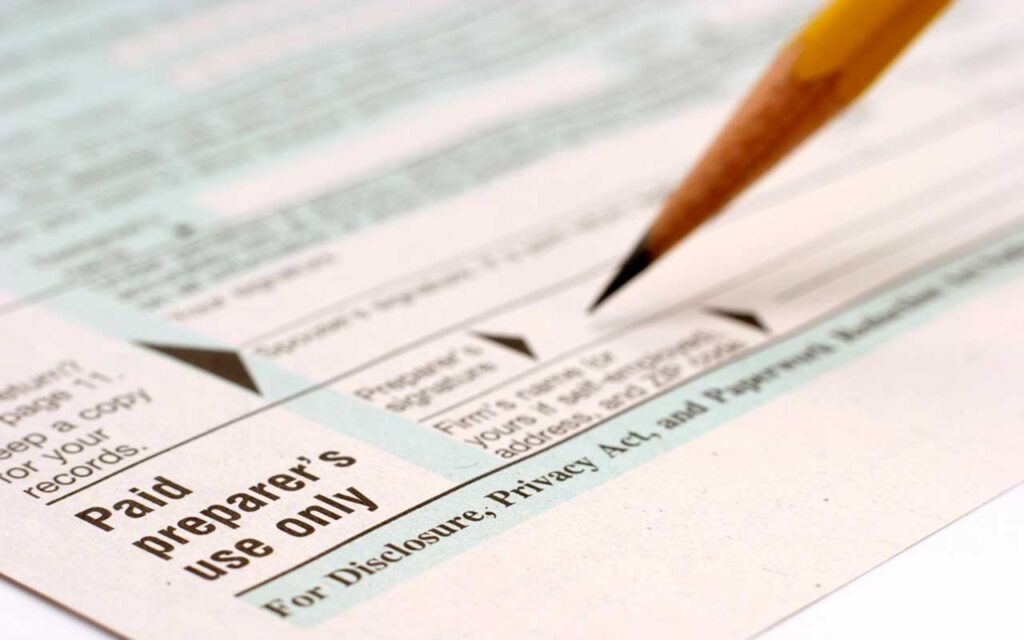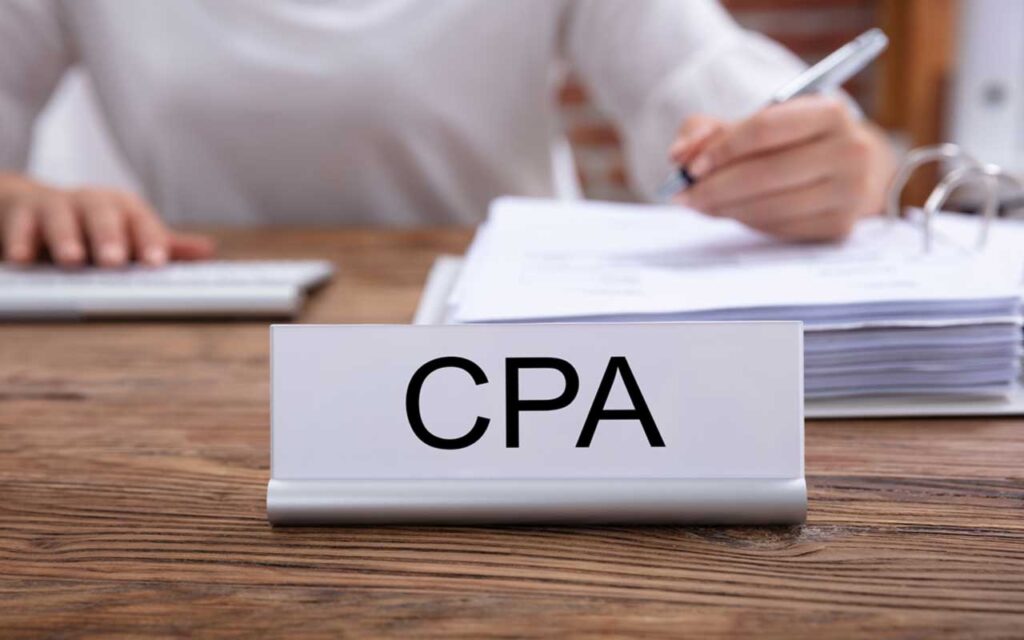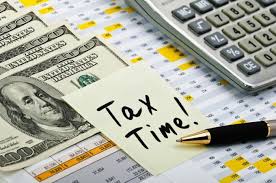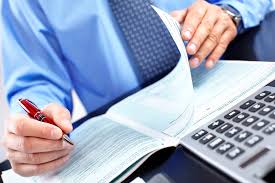Where To Deduct Tax Preparation Fees
Tips to Find a Good Tax Preparer
This tax season is the first time many Americans will see how the new Tax Cuts and Jobs Act affects them. Some may be pleasantly surprised by big refunds, and others may have to reach deeper into their pockets to pay Uncle Sam.
If you decide to turn to a professional to help you with your returns, your first step is to identify the type of tax preparer you need. Regardless of whether you choose a tax expert in private practice or a storefront tax-prep company, you’ll want someone who has the right experience for your particular needs and can work at a price you can afford.
Check the Tax Preparer’s Credentials
Anyone with a preparer tax identification number can handle and file your taxes, but it’s best to find someone who also can handle audits, IRS collections, and appeals, says Ann-Marie Long, a CPA and tax manager at SKC & Co., a CPA firm based in Boonton Township, N.J. Only a certified public accountant or an enrolled agent—another type of tax professional—can represent you before the IRS in those situations, she notes.
The IRS’ Directory of Federal Tax Return Preparers is a good place to find tax pros with credentials and select qualifications. If you live in California, Maryland, or Oregon, ask the preparer to see a current license, which is required by law in those states.
It’s also a good idea to look for a preparer who’s a member of a professional organization and who attends continuing education classes. The American Institute of Certified Public Accountants helps consumers find a CPA; it also links to state sites, some of which have search engines to find local CPAs

How to Find the Best Tax Preparer for You
Types of Tax Return Pros
You can have anyone—your uncle, your neighbor, or your best friend—prepare your tax return. But if you’re paying for this service, the person must be registered with the IRS and have a current preparer tax identification number (PTIN), which is an IRS number issued annually to eligible preparers
Eligible paid preparers fall into different categories, depending on their education, certification by professional organizations, and continuing education requirements.
Attorneys: These professionals are licensed by states or state bar associations to practice law and are subject to continuing education requirements and a code of ethics.
CPAs: Certified public accountants are professionals who have passed the Uniform CPA Examination and been licensed by state boards of accountancy; they also have continuing education requirements.
Enrolled agents: These are individuals who have passed a three-part Special Enrollment Examination demonstrating competency in federal taxation and been licensed by the IRS. They, too, have continuing education requirements.
Annual filing season program participants: These individuals are not attorneys, CPAs, or enrolled agents but have completed an IRS program and obtained continuing education.
Any other preparer with a PTIN: These are individuals who believe they have sufficient knowledge to prepare returns and have paid the fee to obtain a PTIN. They are not subject to any oversight by a state, a professional board, or the IRS
The IRS has an online directory of preparers with PTINs. It includes attorneys, CPAs, enrolled agents, and annual filing season program participants, but not preparers who merely have a PTIN but no other credentials. You can search for a preparer by credentials, zip code, and distance from you
(There are also enrolled retirement plan agents and enrolled actuaries who are preparers with PTINs. These experts typically don’t do consumer tax returns, although they are included in the IRS directory.)

Tips for Choosing a Tax Preparer
You’re really organized and on top of things this tax season. Good for you! You received all your W-2s and 1099s, you collected all your financial statements and receipts, and now it’s time to find someone to prepare your tax return. But there’s one problem…you’re not quite sure how to go about choosing a tax preparer.
It goes without saying that you want someone who’s qualified. But how do you know? You want someone who’s honest and reliable, too. But, again, how do you know? The last thing you want to do is search online for “tax preparers near me” and randomly pick a preparer from the list, but sometimes it feels like there’s no better way.
Relax. There is a better way. Follow these 5 tips for picking a tax preparer to help you weed out the fly-by-night preparers and zero in on the best tax professionals in your area. With a little bit of time and a few targeted questions, you can find a competent and dependable preparer to complete and file your return.
Verify the Preparer’s Credentials
There are a lot of people out there claiming to be a “tax professional.” However, just because someone hangs out a shingle and advertises tax prep services, it doesn’t mean they actually have the skill, education, and expertise to handle your return.
To increase the odds of finding a qualified tax preparer, look for someone who is credentialed. You’re much more likely to get a competent preparer if they’ve been vetted by the IRS or a state regulatory board. The most common types of credentialed preparers are certified public accountants (CPAs), enrolled agents, attorneys, and annual filing season program participants.

Tips for Choosing a Tax Preparer
If you’re expecting a tax refund, you may be eager to file your taxes as soon as possible so you can pay off debt, build an emergency or other savings account or shop for any number of previously unaffordable consumer goods
However, rushing into a relationship with the first tax preparer you find could be a big mistake. The IRS recommends choosing a tax return preparer carefully, since no matter who prepares your taxes, you’re still ultimately responsible for all the information on your tax return
Understand tax preparer qualifications
According to the Better Business Bureau (BBB), there are around 700,000 non-credentialed tax preparers in the U.S. Many states don’t require tax preparers to pass an exam or obtain a license. While non-credentialed tax preparers may be top-notch preparers, they have limited representation rights and can’t represent you in court or regarding appeals or collection matters.
Search by qualifications
If you need a tax preparer with specific qualifications such as enrolled agent, attorney, Certified Public Accountant or enrolled retirement plan agent, search the IRS Directory of Federal Tax Return Preparers with Credentials and Select Qualifications
Interview tax preparers
Make sure a tax preparer has an active preparer tax identification number (PTIN) through the IRS and check whether the person meets state requirements. Then interview the tax preparer thoroughly. Ask about fees, availability and what kinds of records the tax preparer will need.

How to Choose the Right Tax Preparer
It is that magical time of the year again and if you are looking for someone to prepare your taxes, there are many factors to consider including expertise and pricing. We are all unique and there is no one size fits all. Don’t be afraid to ask lots of questions!
Find out what their tax background and experience is. What is their training? What are their qualifications and credentials? How long have they been preparing tax returns? Also, some tax preparers are not a certified public accountants (CPA) and don’t have a formal credential but yet may be competent. Ask questions to find out what makes them qualified to prepare tax returns
Find out if the tax preparer has experience with the type of return that you must file. Tax returns are not all the same and range from 1040-EZ to various involved schedules. Tax preparers may focus on a certain type of return but may also have sufficient knowledge in many areas. However, if your return is specialized, you will want to find a tax preparer who has a lot of experience with that type of return. . Ask about their experience with individual returns vs. corporate returns. In my experience, tax preparers who specialize in corporate tax returns, which tend to be more expensive, charge a higher minimum fee. This is something to keep in mind if you are only looking for personal tax return preparation.
Ensure that the tax preparer is familiar with the requirements of the states and localities that you must file in. For example, if you live in one state but work in another, there may be filing requirements to consider. Also, you may have a business that has sales in different states, own property in another state or have relocated to a different state during the year
Know in advance what records, documents and other information that the tax preparer will require of you. This could save you time and money. A competent tax preparer will ask for many different documents and be able to explain what you will need to provide for special circumstances you may have. Personally, I like it when a tax preparer offers a thorough checklist to review, which would enable a thorough tax preparer to make sure nothing has been missed, such as long-term care insurance premium deductions, investment fees or student loan payments.